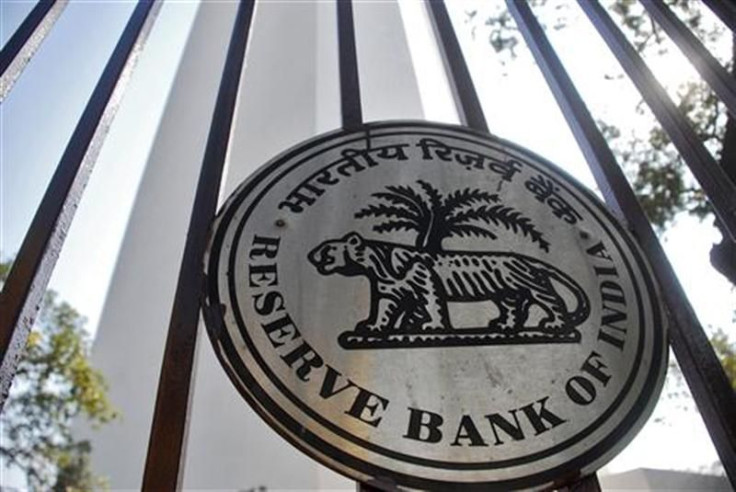IMF Lowers India?s Growth Forecast For 2012 To 6.9% On Investment Slowdown

The International Monetary Fund (IMF) has lowered India's growth forecast for this year citing governance issues that have weakened business sentiment in the country.
IMF's Asia-Pacific Regional Economic Outlook called attention to the fact that domestic factors contributed to diminishing growth in the second half of 2011.
IMF has lowered India's gross domestic product growth for 2012 to 6.9 percent from the 7 percent anticipated in January.
“Concerns about governance and slow project approvals by the government have weakened business sentiment, which in turn has adversely affected investment, along with cyclical factors such as global uncertainty and policy tightening,” IMF said in a statement.
In India, the lowered growth outlook in 2012 owes much to a slowdown of investment which partly reflects structural factors, it added.
The economy grew 6.1 percent in the quarter ended Dec. 31, 2011. This was the slowest growth in nearly three years and was a major slowdown from the July-September quarter when GDP growth was 6.9 percent. In the April-June quarter, growth was 7.7 percent. The country saw the annual growth of 8.4 percent in the last two fiscal years.
Earlier this week, the credit rating agency Standard & Poor's Wednesday cut India's outlook on the long-term rating to negative from stable saying that the country's economy was facing high fiscal deficits and a heavy debt burden.
S&P is expecting only modest progress in fiscal and public sector reforms, given the current political gridlock and the fact that the next elections will be held only by May 2014.
India's fiscal deficit is 5.9 percent of the GDP and the current account deficit is 3.6 percent, figures that don't augur well for the country's economic growth.
Economic analysts are of the opinion that the Indian government's ability to implement policies has weakened due to the slow and complex decision-making process. The extent to which the UPA government will implement measures to improve economic growth and fiscal prudence would be vital to boosting confidence in India.
On a positive note, earlier this month, the Reserve Bank of India (RBI) surprised markets with a 50 basis point cut in the main interest rate, the first policy easing in three years, as focus turned to lifting lending controls and tackling a slowdown in the economy.
Evidence that inflation is moderating, though gradually, should have given the central bank scope to loosen monetary policy. The wholesale price index (WPI), which is the chief measure of inflation, declined to 6.89 percent in March from 9.68 for the same month last year. Although inflation is likely to fall further in the coming months, it will probably remain relatively high owing to recent hikes in the price of railway tickets and indirect taxes.
© Copyright IBTimes 2024. All rights reserved.




















